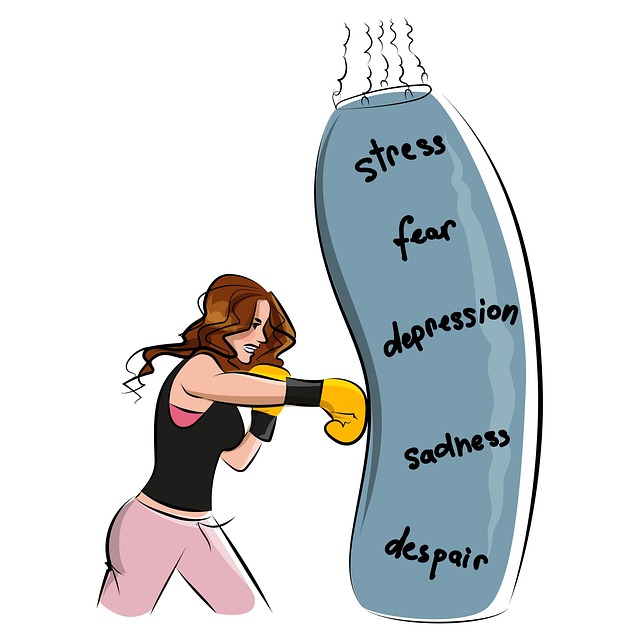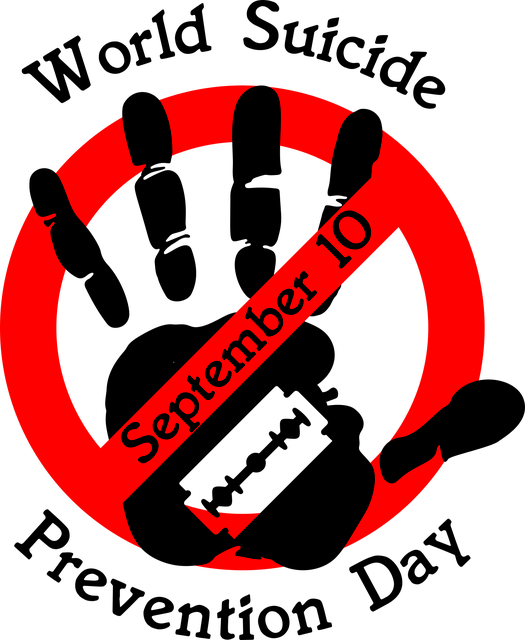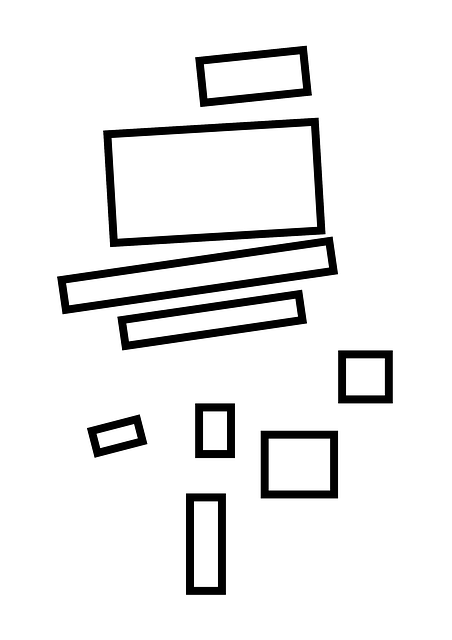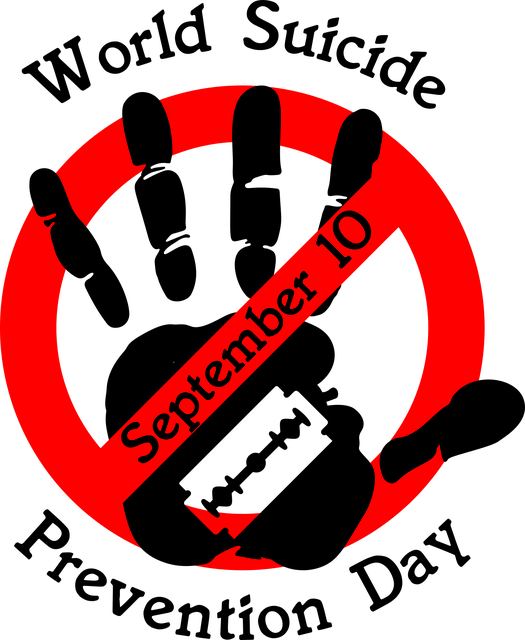Mental wellness is a key aspect of employee well-being in today's fast-paced Centennial Workplace, characterized by high job stress and increasing demands. Organizations are turning to strategies like Job Stress Therapy to support employees. Incorporating journaling into daily routines can significantly enhance mental wellness, offering a space for processing thoughts and emotions. This practice, specifically tailored for Centennial Workplace Issues and Job Stress Therapy, promotes emotional well-being, self-awareness, and better stress management. Despite time constraints, strategic planning and prioritizing mental wellness are crucial to overcoming hurdles and fostering a resilient mindset in navigating career challenges.
Mental wellness is a cornerstone of overall health, yet its impact on modern workplaces often goes overlooked. This article explores how prioritizing mental wellness through journaling can revolutionize workplace dynamics, addressing ancestral practices reimagined as powerful tools for stress relief in today’s fast-paced environment. We’ll delve into effective strategies and navigate common challenges, providing insights to transform the Centennial Workplace issues surrounding job stress therapy.
- Understanding Mental Wellness and its Impact on Workplaces
- Journaling as a Therapy: A Centennial Practice Reimagined
- Effective Strategies for Incorporating Journaling into Daily Routines
- Overcoming Common Challenges in Implementing Journaling for Job Stress Relief
Understanding Mental Wellness and its Impact on Workplaces

Mental wellness is a vital aspect of employee well-being and its impact on workplaces cannot be overstated. In today’s fast-paced and often demanding work environments, understanding and addressing mental health issues have become critical for fostering a healthy, productive, and engaged workforce. The Centennial Workplace Issues, characterized by high job stress and increasing demands, have prompted organizations to recognize the need for comprehensive strategies to support employee mental wellness.
Job stress therapy is one such approach that focuses on helping individuals manage and reduce workplace-related mental health challenges. By integrating Self-Care Practices and encouraging employees to develop a consistent Self-Care Routine Development, organizations can create a supportive culture. Additionally, implementing Conflict Resolution Techniques as part of these initiatives can further mitigate job-related stress, ensuring employees feel heard, respected, and empowered in the workplace.
Journaling as a Therapy: A Centennial Practice Reimagined

Journaling has evolved from a simple habit into a powerful therapy over the past century, offering a unique and accessible way to navigate the complexities of the modern workplace. As Centennial Workplace Issues and Job Stress Therapy have gained prominence, so too has the recognition of journaling as an effective tool for Emotional Well-being Promotion Techniques. This age-old practice allows individuals to explore their thoughts and emotions, providing a safe space for introspection and self-reflection.
By documenting experiences and feelings, people can gain valuable insights into their emotional healing processes. Mental Wellness Journaling Exercise Guidance emphasizes the benefits of regular expression as a means to process stress, anxiety, or even excitement. It encourages individuals to connect with their inner selves, fostering a deeper understanding of their mental states and potentially leading to improved coping mechanisms. This timeless technique has proven relevant in today’s fast-paced world, where Emotional Healing Processes are often accelerated by the pressures of modern life.
Effective Strategies for Incorporating Journaling into Daily Routines

Incorporating journaling into your daily routine can be a powerful tool for mental wellness, offering a dedicated space to process thoughts and emotions. To make this practice sustainable, start by setting aside just 10-15 minutes each day. Consistency is key; choose a specific time, like morning or evening, to ensure it becomes a habit. Begin with simple prompts like describing your mood or highlighting the day’s highlights and challenges. Over time, you can explore more structured formats, such as gratitude lists, to enhance your practice.
For those facing workplace issues or job stress, journaling can serve as a coping skills development mechanism. It facilitates self-awareness, helping individuals identify triggers and patterns in their responses to stressful situations. This awareness can lead to better communication strategies when discussing these matters with colleagues or therapists. Effective stress management is not just about the practice itself but also how it integrates into your daily life, making journaling an invaluable tool for navigating modern work environments, including the centennial workplace.
Overcoming Common Challenges in Implementing Journaling for Job Stress Relief

Implementing journaling as a mental wellness exercise can be challenging in today’s fast-paced work environments, often referred to as the Centennial Workplace. One significant hurdle is balancing the desire for stress relief with the demands of job responsibilities. Many professionals struggle to find dedicated time for self-care amidst tight deadlines and high-pressure situations. However, integrating journaling into a busy schedule can be achieved through strategic planning and prioritizing mental wellness as a fundamental aspect of professional success.
Another common challenge is knowing where to begin and what to write about. Journaling doesn’t have one-size-fits-all guidance; the process should be tailored to individual needs. For job stress relief, focusing on Centennial Workplace Issues and Job Stress Therapy can be particularly beneficial. Mental wellness journaling exercise guidance emphasizes reflecting on work-related stressors, exploring coping mechanisms, and cultivating a positive mindset. Incorporating mindfulness meditation techniques within the journal can further enhance its therapeutic effect, enabling individuals to navigate their professional labyrinthine with greater equanimity and resilience.
Mental wellness journaling offers a powerful, accessible tool to address Centennial Workplace Issues, particularly job stress. By integrating this reclaimed therapy into daily routines, individuals can cultivate resilience, gain insights into their experiences, and ultimately enhance overall mental wellness. Overcoming common challenges through tailored strategies ensures that journaling becomes an effective solution for managing workplace-related stress, fostering healthier and more productive environments.











